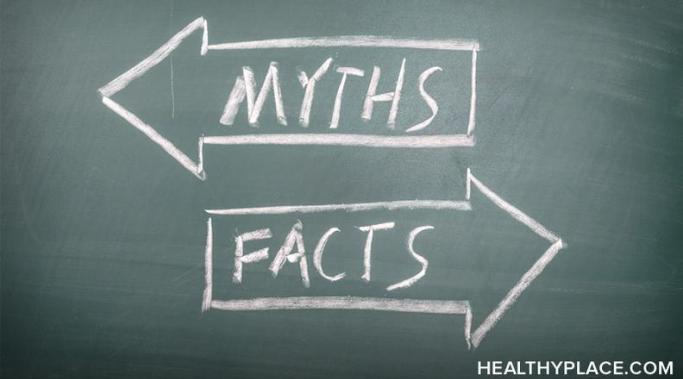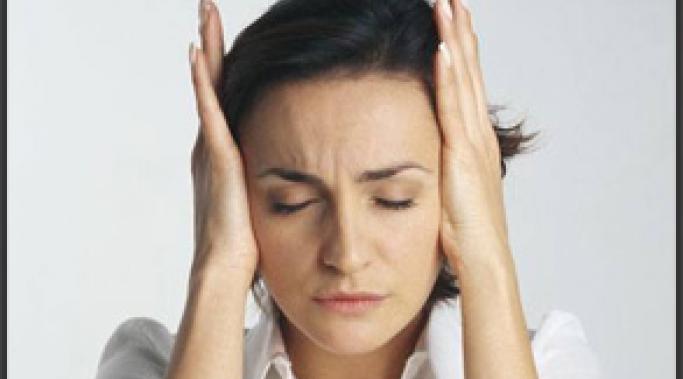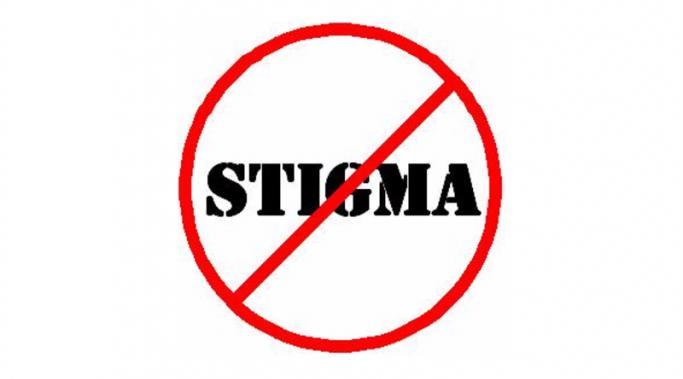You know it and I know it: When you live with a mental illness you run into your fair share of people who assume--usually based solely on diagnosis--that we must be "crazy." In this blog, I want to focus on three of these misconceptions and, well, smash them to pieces.
Stigma - Recovering from Mental Illness
It would be interesting if we took a few minutes to recall the stigmatizing feedback we've received about our mental illness. Together, we could compile a book of stupid mental health comments that rivals the dictionary in length. But that would take a lot of time and, frankly, might irritate us. So, in light of that, let's focus on some common stigmatizing feedback we might receive about mental illness and how we can respond to it.
You know it and I know it: living with a mental illness and being open about it can have dire consequences. And, frankly, it pisses me off. Let's look at some of the more common (exceedingly irritating) stigmas about living with a mental illness.
We have heard this before: Mental Illness is an invisible disability. But I beg to differ. When my world crashes and burns, when the winter steals away my stability and I am hiding within the walls of my home and cannot figure out how to eat or sleep, I'm pretty sure my mental illness is not invisible. In fact, I feel like I am wearing a large sign: "I have bipolar disorder and am currently depressed. PLEASE LEAVE ME ALONE." Mental illness disabilities aren't always invisible.
Mental illness carries stereotypes--no kidding!--these stereotypes lead to stigma, stigma leads to discrimination. It is a nasty cycle that is lessening with the passing years but exists nonetheless.
Warning: I hesitated to write a post on this topic because it is rather controversial. Because of this I want to stress that this is related to my experience and feelings on the comparison and is certainly open to debate.
As if dealing with a diagnosis of mental illness is not hard enough, many of us are confronted with a feeling that we do not belong in our family, within our peer group -- we feel different. I'm pretty sure there is no definition for 'the black sheep syndrome' but, just in case, let me refer to my trusted thesaurus.
Accepting the diagnosis of mental illness can seem impossible. It hurts. It can shatter the sense of self you have acquired throughout your life. Pre-diagnosis, you might have felt that your personality was acquired, hard fought. You don't want to be anyone but you. Accepting you have a mental illness is initially terrifying.







